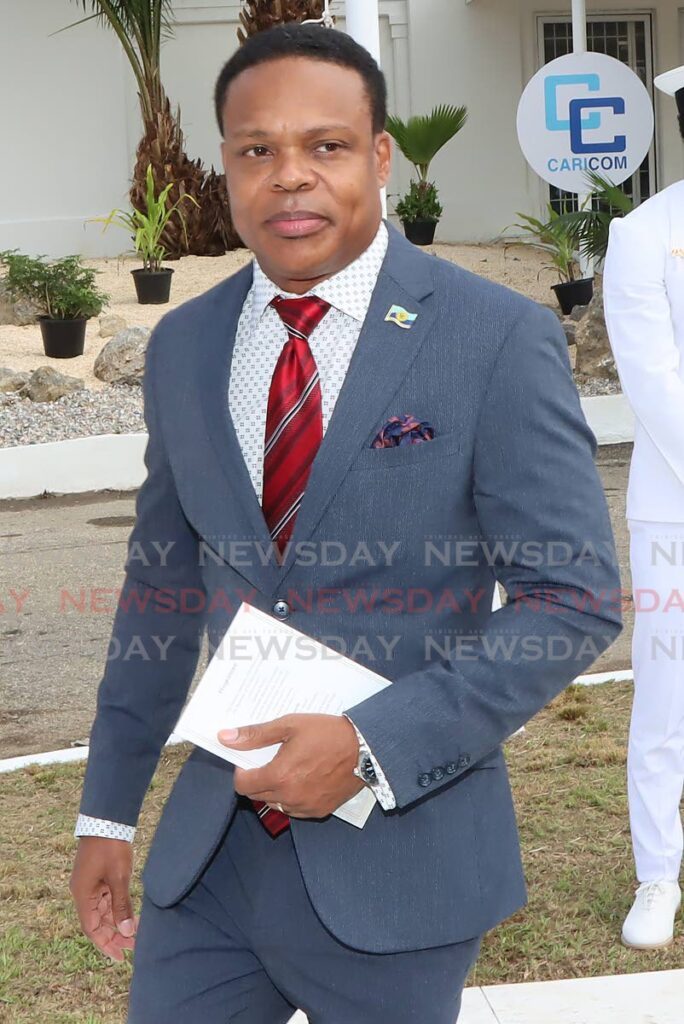Venezuela land grab touches Trinidad and Tobago

DR AMERY Browne sees clear boundaries when it comes to the border dispute between Guyana and Venezuela.
“Any calls for TT to insert itself into the controversy in the form of mediation or direct negotiation are in direct contradiction, a direct violation, of the policy of Guyana,” the Minister of Foreign and Caricom Affairs said on Monday, in an apparent allusion to remarks made by Princes Town MP Barry Padarath.
“Those are very ill-founded calls and only serve to distract as opposed to contributing to a progressive environment. This matter is before the International Court of Justice (ICJ) and a determination on the border issue is pending.”
However, like the politics and history surrounding this conflict, the question of TT’s appropriate foreign policy position on this matter is not clearcut.
Undoubtedly, the proper forum for the resolution of this boundary dispute is the court. The rules-based international order is premised on organs such as the ICJ, a pre-eminent source of international law.
But Venezuela has long turned its back on The Hague.
Even before Sunday’s shambolic referendum, it was clear the regime of Nicolás Maduro was hell-bent on rejecting the jurisdiction of the international judges.
One of the questions placed before voters was whether they agreed with Venezuela’s “historical position” of not recognising the ICJ in relation to Essequibo, even though Venezuela is one of the court’s original members.
The mere fact of the referendum was arguably already a repudiation of the ICJ, especially given its ruling last week urging Venezuela to refrain from action which could affect the conflict. The court noted Venezuelan officials viewed the “consultative” poll as inherently bound with moves to “go to combat.”
Whether the Maduro regime will do so remains to be seen. Already, cracks have begun to appear in his Napoleonic narrative. Ordinary Venezuelans have noticed the gap between the government’s claim of a massive turnout and empty polling stations.
Either way, this country has much at stake and a possible role as arbitrator, in which Venezuela is persuaded to heed the ICJ’s jurisdiction, cannot be summarily ruled out.
The escalation of a military conflict involving our closest neighbour, and potentially involving international forces from regional allies, will raise considerable national security issues.
Economically, a breakdown of peace would kill moves to resurrect the Dragon gas deal given the likelihood of US sanctions. And it would place Venezuela’s already tattered economy under even more pressure, reigniting the migration crisis.
Importantly, military aggression would represent a dramatic backsliding of Venezuela’s already tenuous place in the world, ending any hope of our nearest neighbour returning to normalcy any time soon. The ripple effects of that are too uncertain, too terrible to fathom
.

Comments
"Venezuela land grab touches Trinidad and Tobago"